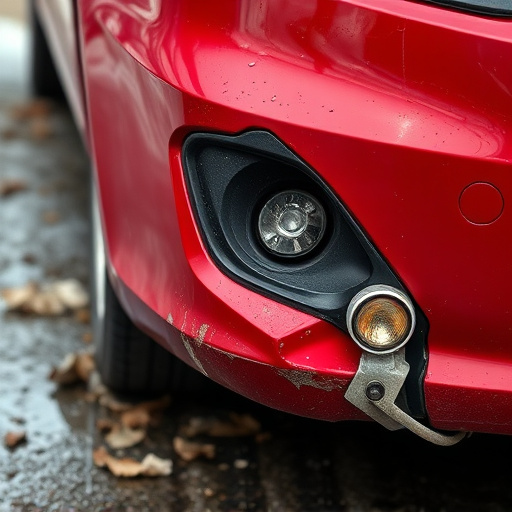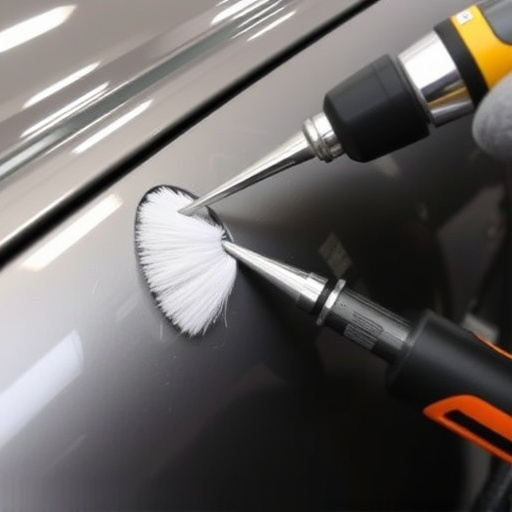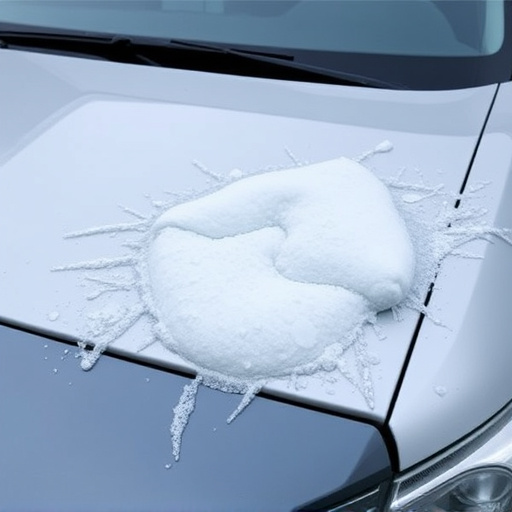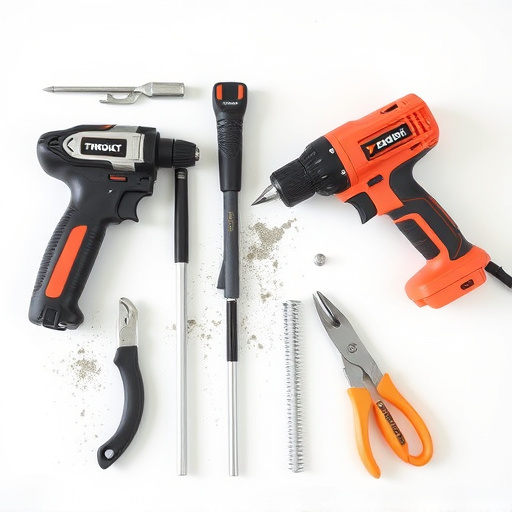Diminished value claims are an insurance coverage that compensates vehicle owners for reduced car value post-damage or accidents, accounting for factors beyond age and mileage. These claims are crucial when significant damages impact aesthetics, performance, or safety features, affecting the vehicle's overall worth. Insurers often deny such claims due to insufficient documentation, requiring thorough assessments and reports from reputable car body shops. Involving professional repair shops and providing comprehensive evidence can strengthen claims. Navigating appeal processes demands a strategic approach, gathering detailed documentation and addressing denial reasons with expert evidence for a favorable resolution.
“Unraveling the mysteries of diminished value claim denials—a common yet complex issue for car owners. This article reveals seven powerful secrets to demystify this process, offering insights into how and why claims are denied.
We’ll explore the fundamentals of diminished value claims, uncover typical reasons behind denials, and provide strategic advice on avoiding these pitfalls. Additionally, we guide you through the appeals process, ensuring your rights are protected. Get ready to navigate this intricate landscape with confidence.”
- Understanding Diminished Value Claims: The Basics
- Common Reasons for Claim Denials and How to Avoid Them
- Navigating the Appeals Process: Your Rights and Next Steps
Understanding Diminished Value Claims: The Basics
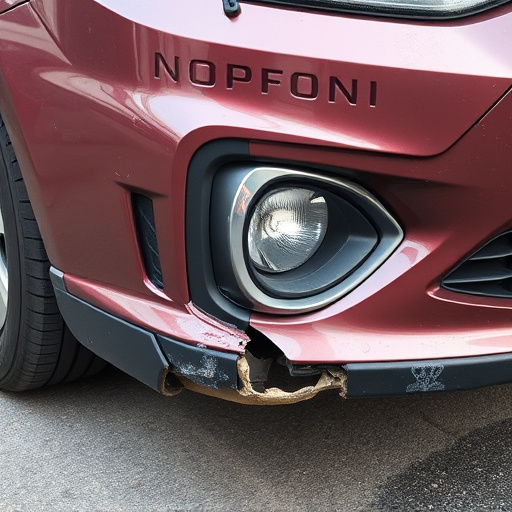
Diminished value claims are a type of insurance coverage designed to compensate vehicle owners for the reduced value of their car following an accident or damage. This concept is based on the idea that a vehicle’s worth isn’t solely determined by its age and mileage, but also by its condition and the quality of repairs. When a vehicle experiences damage, whether from an accident, natural disaster, or other incidents, it may not return to its pre-damage state. Repairs like auto glass repair, car damage repair, or automotive body shop services can restore functionality, but they might not perfectly replicate the original condition, impacting the vehicle’s overall value.
These claims are particularly relevant when dealing with significant damages that affect a car’s aesthetics, performance, or safety features. For instance, damage to crucial components like the engine or frame may require extensive repairs or even replacement, leading to a diminished value. Understanding diminished value claims is crucial for both policyholders and insurance providers as it ensures fair compensation for vehicle owners while helping insurers manage their risk effectively by accounting for potential post-damage depreciation.
Common Reasons for Claim Denials and How to Avoid Them
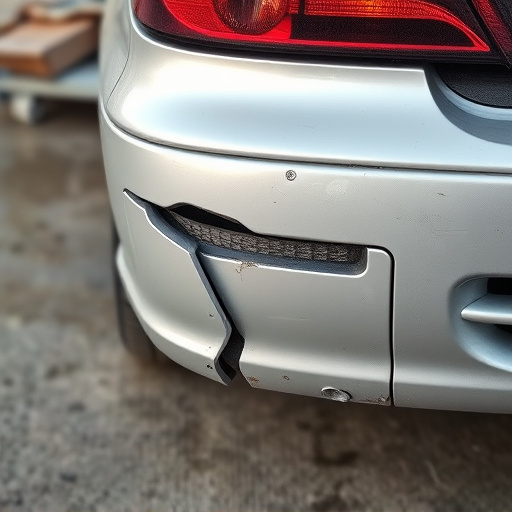
Diminished value claims are often denied due to a variety of reasons that can be easily avoided with proper preparation and documentation. One of the primary causes is the lack of detailed, accurate information regarding the pre-incident condition of the vehicle. Insurers require thorough assessments and reports from reputable car body shops to verify any alleged damage and its impact on the overall value of the vehicle. Therefore, it’s crucial to involve a professional automotive repair shop that can provide comprehensive documentation supporting your diminished value claim.
Another common reason for denials is inadequate or inconsistent evidence. Photos, before-and-after assessments, and estimates from multiple car body shops can significantly strengthen your case. Additionally, keeping detailed records of all communications with the insurer and any follow-up actions taken is essential. By being proactive and maintaining thorough documentation throughout the claims process, you can minimize the risk of claim denials and ensure a smoother experience when pursuing diminished value compensation for your vehicle.
Navigating the Appeals Process: Your Rights and Next Steps

Navigating the Appeals Process involves understanding your rights as a claimant. If your diminished value claim is denied, don’t despair; there are steps you can take to contest the decision. Start by gathering comprehensive documentation detailing the incident, including police reports, medical records (if applicable), and estimates from reputable vehicle collision repair centers. These will serve as crucial evidence supporting your case.
Next, carefully review the denial notice for specific reasons given. Address these points in your appeal, possibly with the assistance of an expert witness or attorney specializing in diminished value claims. Present compelling arguments and evidence, such as explaining how frame straightening services can impact a vehicle’s resale value post-repair. This process requires persistence, but armed with the right tools and information, you can effectively push for the resolution you deserve.
Diminished value claims are a complex process, but understanding these secrets can help you navigate denials effectively. By recognizing common pitfalls and knowing your rights, you can increase your chances of success. Remember, if a claim is denied, don’t despair; there’s always an appeal process to consider. Stay informed, act strategically, and you may just recover the value you deserve for your vehicle.
